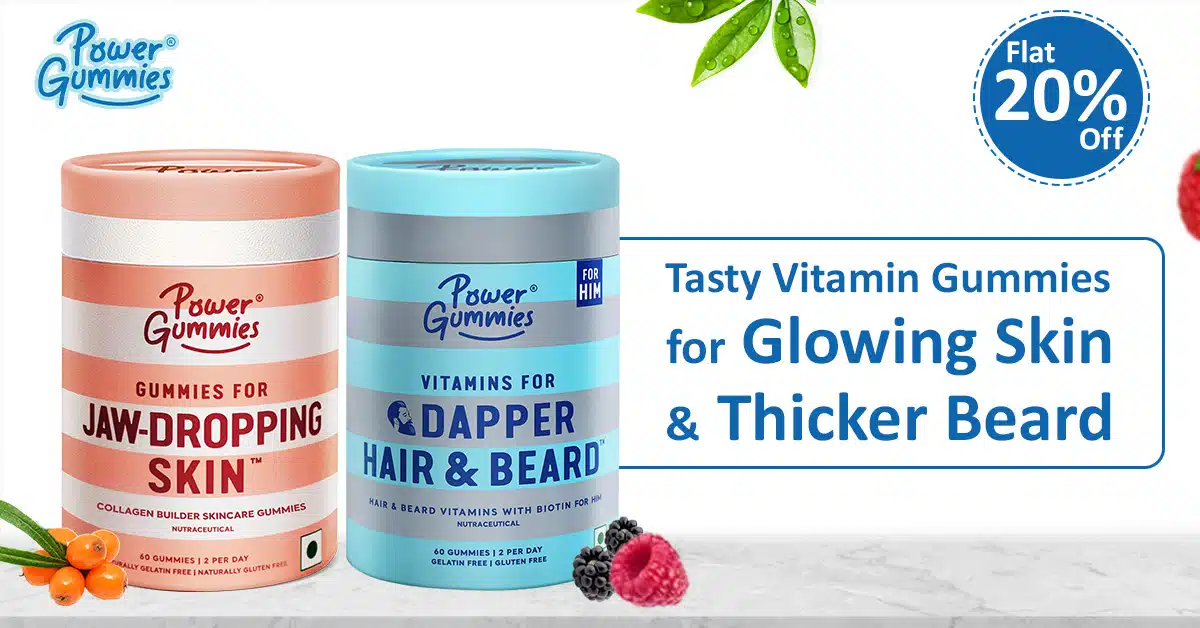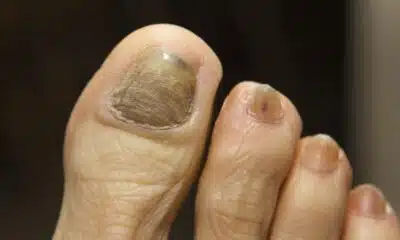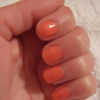HEALTH
What is Perinatal Depression & How to Avoid it!
A new baby brings joy and new challenges to a family, but for some new parents, a new baby also brings a level of stress and anxiety that can negatively affect their lives and relationships. Antenatal depression (depression that occurs during pregnancy) and postnatal depression (depression that occurs after giving birth) are both known as perinatal depression.
What is perinatal depression?
During pregnancy and just after birth, women experience dramatic hormone changes that cause feelings of overwhelming, sadness, or anxiety known as “baby blues”. Typically, these feelings start within a few days of giving birth and resolve within a few days. Perinatal depression causes many of the same feelings, except they may be more intense and lasts two weeks or more.
About one in five women experience postnatal depression. Men can also be affected, with about one in ten dads experiencing symptoms of depression after the birth of a new baby.
Because many of the symptoms of perinatal depression resemble normal changes that come along with a new baby, it can be difficult to distinguish actual depression from normal changes. It is common for new mothers to feel guilt or shame at feeling like they cannot cope with having a new baby. It is important for new mothers to understand that perinatal depression is not a sign of weakness, it’s not all in the mind, and it’s not something to feel guilty or ashamed of.
The good news is perinatal depression is that with proper support and treatment, women can recover from depression and enjoy their babies. Untreated perinatal depression can lead to relationship difficulties and can interfere with your ability to bond with your baby.
Symptoms of perinatal depression
If you are pregnant or have recently given birth and you experience any of the following symptoms, please seek help.
- Sadness
- Frequent crying
- Anxiety or panic
- Feeling down or numb
- Lack of appetite
- Desire to withdraw from your partner, family, or friends
- Inability to cope with normal daily activity
- Lack of interest in things you used to enjoy
- Feelings of anger or resentment
- Insomnia or sleeping significantly more than usual
- Fear of being alone
- Feeling worthless or ashamed
- Desire to run away
- Concerns about the safety of your baby
If you experience any of the following symptoms, please don’t wait to ask for help.
- Obsessive thoughts
- Compulsive behaviors
- Thoughts of harming yourself or your baby
- Confusion, paranoia, or memory loss
If you have had thoughts of harming yourself or your baby, it is important to know that most women who experience these thoughts never act on them. However, these thoughts can be disturbing and difficult to ignore. With professional help, you can enjoy your baby without fear.
Risk factors for perinatal depression
Perinatal depression and anxiety can strike any woman, but there are a few risk factors that can make a woman particularly vulnerable. Perhaps the biggest risk factor is a lack of support. Pregnancy and childbirth bring about many changes that can be overwhelming and adequate support from family and friends can help ease the transition.
Other risk factors include:
- Unintended pregnancy
- Stressful relationship
- Single motherhood
- Young mother
- Financial difficulties
- Complicated birth
- Unwanted interventions during birth
- Feeding difficulties
- Prematurity
- Sleep difficulties
- Health issues in baby or mother
- Stillbirth or miscarriage
- Previous diagnosis of depression or anxiety
In addition, women with certain personality traits may be at greater risk of experiencing postnatal depression. Some of these include perfectionism, anxiety, and low self-esteem.
Reducing the risk of Perinatal depression
It is possible to mitigate these factors and reduce the risk of perinatal depression. Some strategies include establishing a support system, protecting your own health, strengthening your relationship with your partner, and developing effective problem-solving and coping skills can all help reduce your risk of developing depression.
In the early days and weeks after birth, it is common to feel tired. As much as possible during this time, try to focus your limited energy on yourself and your baby. It sounds cliche but take rest as much as you can when your baby sleeps and let the housework slide. Call on your support people to come by and cuddle the baby so you can have a shower and a nap.
Ensure you are eating well to help give you the energy you need to care for yourself and your baby. In the weeks before giving birth, consider stocking up on groceries for easy to prepare meals and other staples.
Gentle exercise can help ease anxiety and lift your spirits. Try taking the baby for a walk, even just around the block or down the street. The fresh air will be good for both of you.
Above all, be gentle with yourself. Don’t compare yourself to other moms, especially on social media where most people highlight the positive and downplay the negative.
Treatment for perinatal depression
Postnatal depression is treated in much the same way as other types of depression. Treatment methods include support groups, psychotherapy, medication, and brain-based treatments such as neurofeedback and transcranial direct stimulation (TDCS). For many women, the best results come from some combination of these therapies.
For some women, relief takes time and some experimentation to find the right treatment plan. If you do not get immediate relief, don’t give up. If you are nursing, be sure to talk to your doctor about the safety of any medication before taking it. Some depression and anxiety medications are considered to be safe to take while nursing, but others can make their way into breastmilk and can affect the baby.
Check out these 16 Natural Remedies that can help you cure Depression.



















